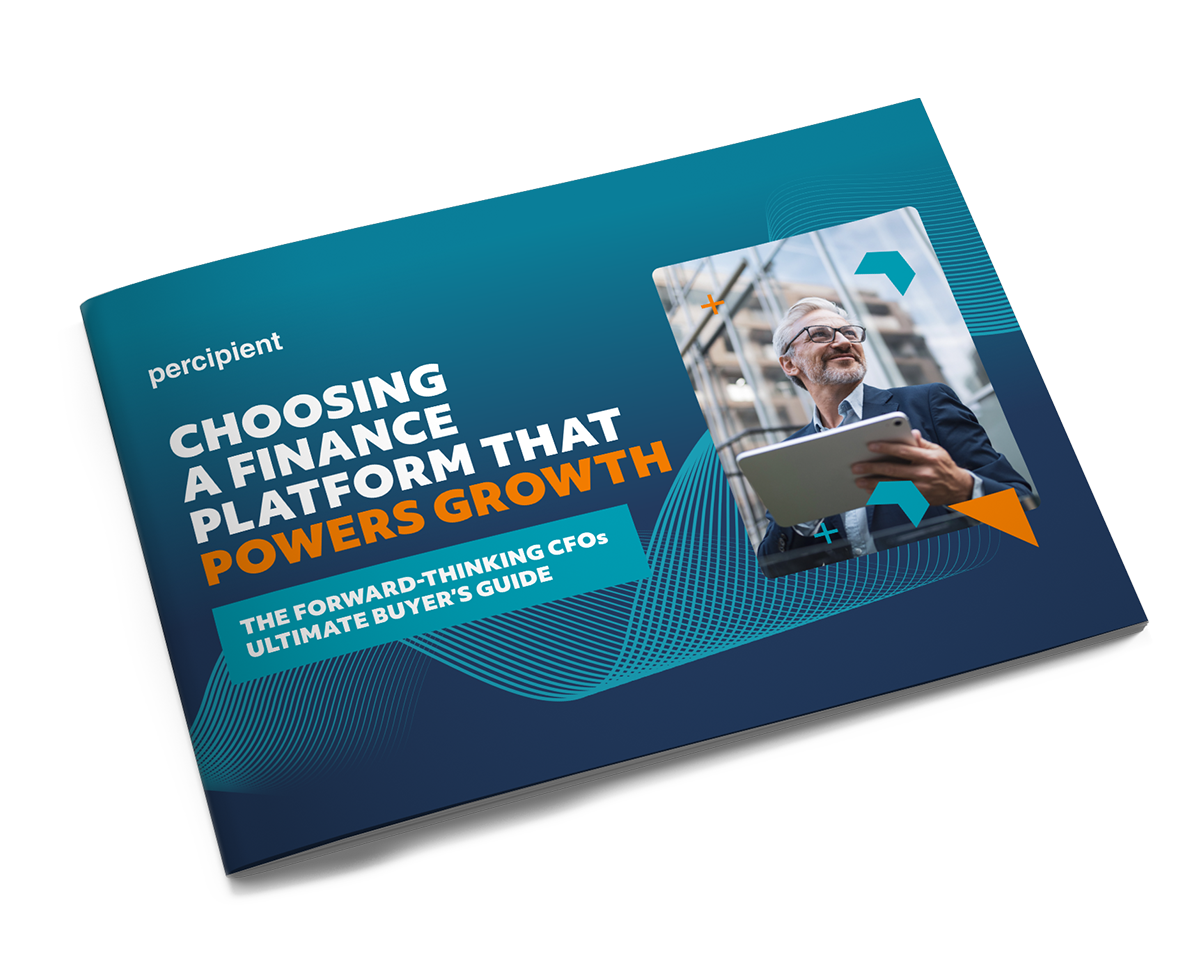How Non-Profit Finance Professionals Can Adapt to Drive Value in an Increasingly Challenging Climate
By Chris Stock, Percipient
There’s little doubt that this year has presented finance professionals working in the charity sector with an unprecedented spectrum of challenges, with research from the latest Charity Sector Tracker [1] suggesting the crisis will see 60,000 jobs cut, and more than half of charities cut back services.
This comes at a time when increased regulatory frameworks and more stringent reporting requirements have already taken their toll, with budgetary constraints, and the need to fully justify any expenditure to stakeholders driving increased complexity.
Managing Uncertainty
Such is the level of uncertainty that we’re experiencing, none of us has any idea when the pandemic will end, or indeed what the landscape for charities will look like at that time, but it’s clear that there will be more changes ahead – some temporary, some permanent. As such, charities need to create agile organisations which able to flex and bend in line with changes in both donations and demand for services.
Establishing a culture which is agile and can drive rapid, robust decision-making, enables charities to respond quickly and effectively to these changes as and when the need arises. If charities are to recoup lost revenue as a result of COVID-19, it’s vital that back-office systems can facilitate streamlined, efficient working. This means that as well as providing support for multiple currencies, languages and regulatory environments, they must have the capacity to manage different cost centres, campaigns and funding source codes, as well as the standard general ledger. And it goes without saying that bringing all of these areas together as part of a consolidation strategy is crucial in delivering visibility and necessary transparency. Without this joined-up approach, the entire culture is set to fall at the first hurdle.
Digital Investment
One of the stumbling blocks to achieving such a model is that despite years of contemplating and designing digital transformation strategies, many charities have, understandably, seen these fall prey to other more pressing agendas, with projects placed in the “nice to have” file, rather than on the “must have” list.
This lack of investment in technology has not only resulted in an inability to balance service provision with longer-term cash flow but impeded the remote working necessary to fulfil services in the current climate in some cases.
If charities are to recoup lost revenue as a result of COVID-19, it's vital that back office systems can facilitate streamlined, efficient working.
Looking Ahead
Forward-looking charity CFOs are recognising this disparity and are now looking to digitalisation as a means of addressing these gaps, creating a model which allows them to do more with less, and generating long-term value. The challenge is how to deploy such an approach effectively, with reduced resources and increased expectations of value.
Integration will of course become a priority in ensuring that all key systems work together to deliver the visibility and agility required to make the best decisions and maximise value for all stakeholders, while improved accuracy of forecasting will allow finance professionals to focus on what’s ahead. Donation patterns and demand for services are set to be volatile for some time yet, so having the tools to carry out in-depth behavioural analysis and to feed this information back into the heart of the business, will be crucial.
How systems are deployed will be a key consideration for CFOs, too. The backdrop of lost revenue will see CFOs seeking to derive optimum value from their solutions, as quickly as possible. In light of this, cloud solutions look likely to reign, to meet the requirements of fast deployment, rapid ROI and lower up-front costs, not to mention the fact that they’re less resource-heavy to implement and manage. With an eye firmly on the future, cloud solutions are far more flexible than their on-premise equivalents, able to scale and flex to suit not only peaks and troughs in demand, but also on-board additional businesses or locations without costly and time-consuming projects.
Resilience for a Post-Pandemic Climate
By recognising the true value of technology, and taking a considered, pragmatic approach to digital transformation which drives visibility, transparency and forecasting, charity finance professionals can add substantial value in navigating the choppy waters ahead, and building resilience for a post-pandemic climate.
Finance Software for Non-Profit
If you would like to know more about Percipient or how we can help you achieve true value from your back-office technologies, get in touch or call 01606 871332.
[1] Pro Bono Economics in partnership with the Chartered Institute of Fundraising




